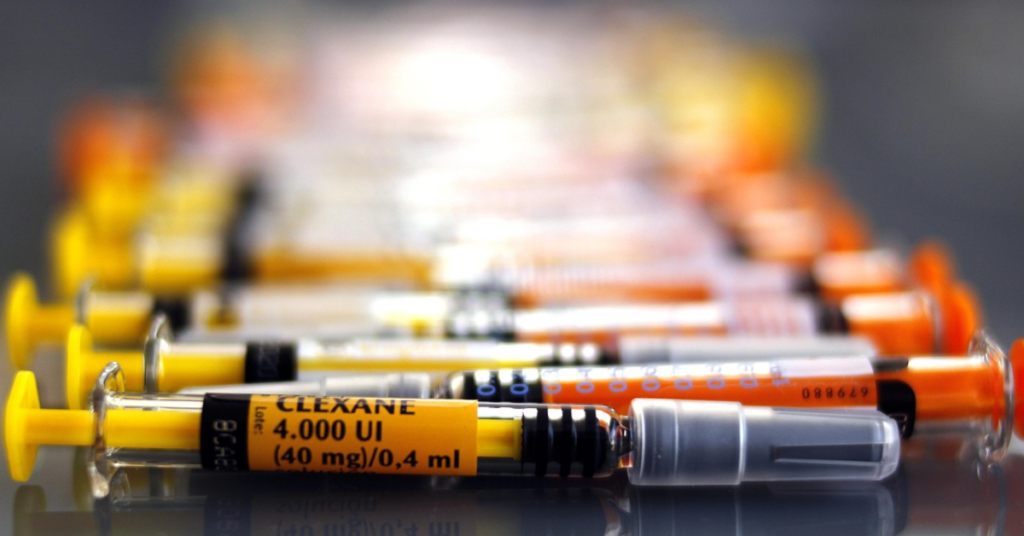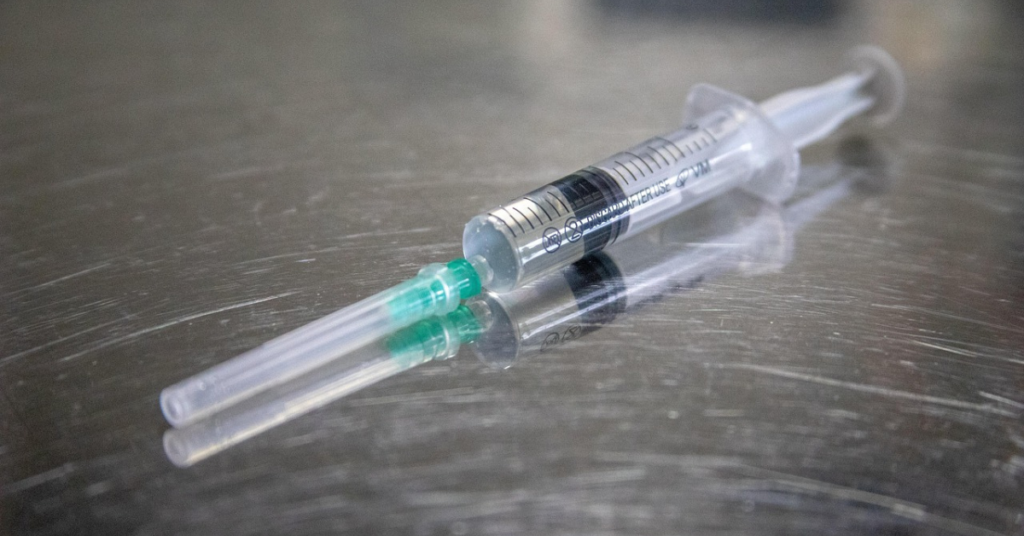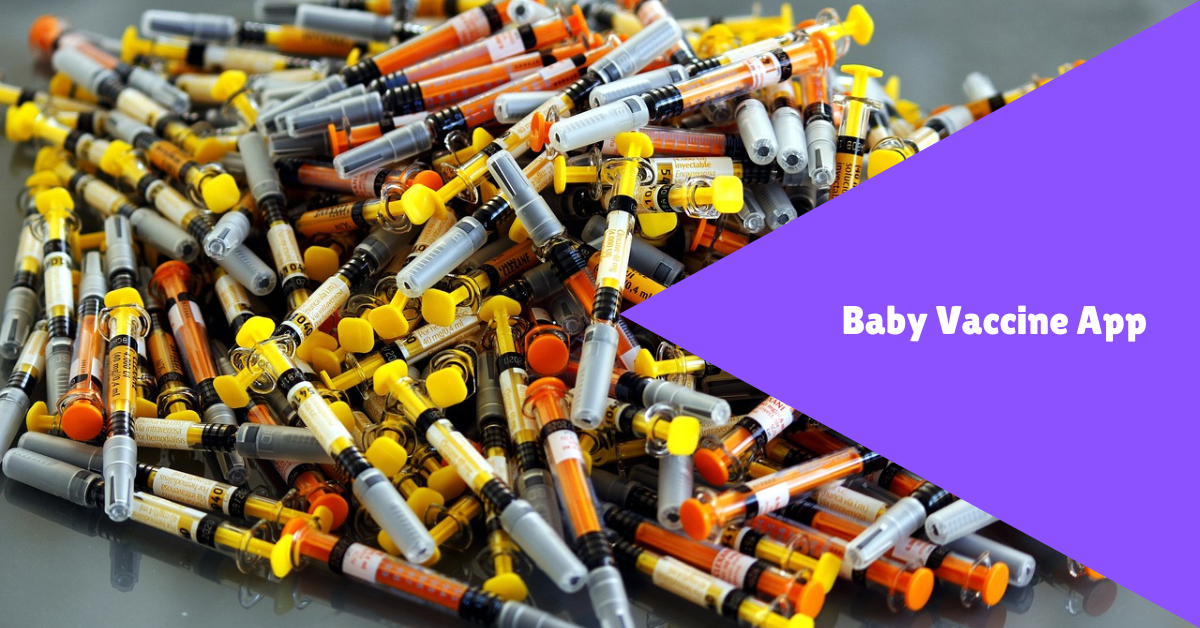In today’s digital world, keeping track of your baby’s vaccination schedule is easier than ever with a Baby Vaccine App. These apps help parents stay informed about upcoming vaccinations, due dates, and medical records, ensuring their little ones get the protection they need.
Why Use a Baby Vaccine App?
Vaccinations are crucial for a child’s health, but remembering the exact dates and schedules can be overwhelming. A baby immunization tracker app offers several benefits:
- Automated Reminders: Never miss a vaccine appointment with timely alerts.
- Digital Records: Keep all vaccination details in one secure place.
- Customizable Schedules: Apps align with national immunization guidelines.
- Doctor Coordination: Share vaccine history easily with pediatricians.
- Growth & Health Monitoring: Some apps offer additional features like growth tracking and fever management.
Key Features to Look for in a Baby Vaccine App

When choosing a baby vaccine tracker, consider these essential features:
- User-Friendly Interface – Easy navigation for quick access to vaccine schedules.
- Personalized Alerts – Custom reminders based on your baby’s age and location.
- Secure Data Storage – HIPAA-compliant apps for privacy protection.
- Multi-Child Support – Ideal for families with more than one child.
- Integration with Health Authorities – Apps that sync with government immunization schedules.
Best Baby Vaccine Apps in 2025
Here are some of the top-rated vaccine-tracking apps for babies:
- Vaccy – A comprehensive vaccine scheduler with expert advice.
- ImmunizeMe – Syncs with pediatricians and offers digital certificates.
- My Baby Shots – Simple and effective immunization tracking.
How to Use a Baby Vaccine App Effectively?
- Download a Reputable App: Choose one with positive reviews and high ratings.
- Enter Your Baby’s Details: Add name, birth date, and existing vaccine history.
- Enable Notifications: Set reminders to stay on top of upcoming vaccinations.
- Consult Your Pediatrician: Always verify schedules with your child’s doctor.
Conclusion

A Baby Vaccine App is an essential tool for modern parents, making immunization tracking effortless and stress-free. With automatic reminders, secure records, and expert guidance, these apps protect your baby from preventable diseases. Download one today and simplify your parenting journey!
For more healthcare insights, visit kidscur.com.

